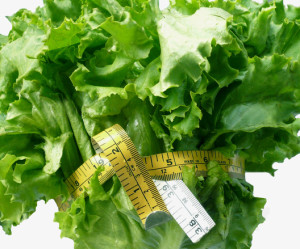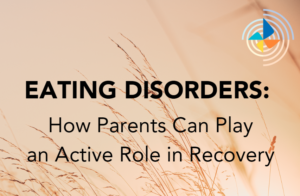Other Conditions
Muscle Dysmorphia
 People with muscle dysmorphia are obsessed with the idea that their body is not muscular enough. It is more common in men than in women. The people at greatest risk for developing muscle dysmorphia are those who take part in sports that emphasize body size (bodybuilding, football, wrestling). Muscle dysmorphia is a kind of body dysmorphic disorder. People with these disorders are obsessed with a part of their body that they feel is flawed. This flaw may not be obvious to others. These disorders are classified as “obsessive-compulsive and related disorders”.
People with muscle dysmorphia are obsessed with the idea that their body is not muscular enough. It is more common in men than in women. The people at greatest risk for developing muscle dysmorphia are those who take part in sports that emphasize body size (bodybuilding, football, wrestling). Muscle dysmorphia is a kind of body dysmorphic disorder. People with these disorders are obsessed with a part of their body that they feel is flawed. This flaw may not be obvious to others. These disorders are classified as “obsessive-compulsive and related disorders”.
People with muscle dysmorphia are obsessed with how they look. They often have a distorted body image and believe their muscles are much smaller than they actually are.
Some signs of this disorder are:
- exercising too much
- extreme dieting
- eating certain types of foods to try to gain muscle mass
- using steroids or fat-burning pills
These habits are dangerous. They can cause liver failure, high blood pressure, and heart attack. People with muscle dysmorphia become so obsessed with getting a bigger and stronger body, that it affects other parts of life as well. For example, they may spend hours at the gym every day, or turn down invitations because they are ashamed of how they look.
People with body dysmorphia are concerned about specific aspects of their appearance (like their muscles). This type of disorder is different than an eating disorder, but some people who have body or muscle dysmorphia may have disordered eating as well.
Orthorexia
 People with orthorexia will only eat foods that they consider to be “pure” or “healthy”. They worry about what is in the food they eat and how it was prepared. Often this condition starts when someone just wants to get healthier or lose weight. But, as time passes, their diet becomes the most important part of their lives. Orthorexia is much more than just wanting to eat healthy. It can stop you from getting important nutrients because people with orthorexia only eat a very small number of foods. They may also lose too much weight. People with orthorexia spend a great deal of time thinking about food. This obsession can make it difficult to have a social life. It can be hard to enjoy activities with friends and family, such as going out for a meal. Orthorexia is a type of disordered eating, but is not currently considered to be an official eating disorder.
People with orthorexia will only eat foods that they consider to be “pure” or “healthy”. They worry about what is in the food they eat and how it was prepared. Often this condition starts when someone just wants to get healthier or lose weight. But, as time passes, their diet becomes the most important part of their lives. Orthorexia is much more than just wanting to eat healthy. It can stop you from getting important nutrients because people with orthorexia only eat a very small number of foods. They may also lose too much weight. People with orthorexia spend a great deal of time thinking about food. This obsession can make it difficult to have a social life. It can be hard to enjoy activities with friends and family, such as going out for a meal. Orthorexia is a type of disordered eating, but is not currently considered to be an official eating disorder.
Resource List
- Orthorexia ( English )



